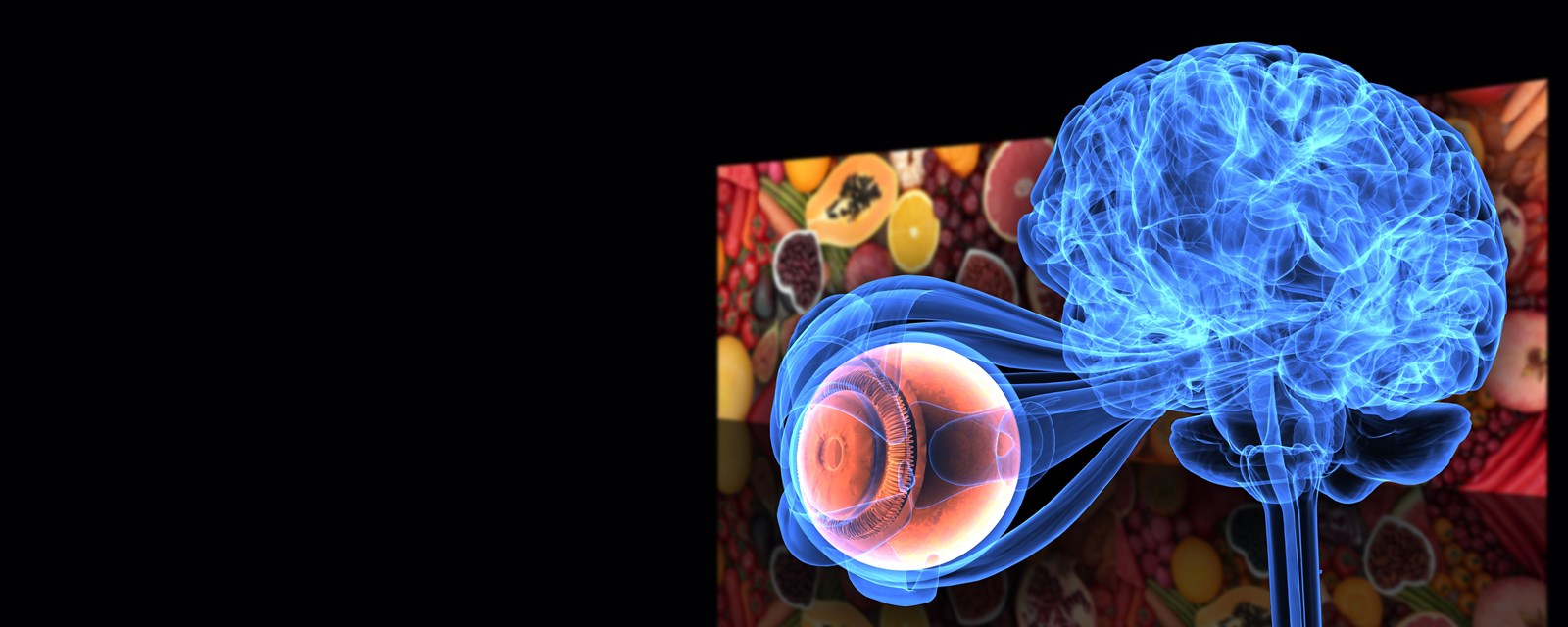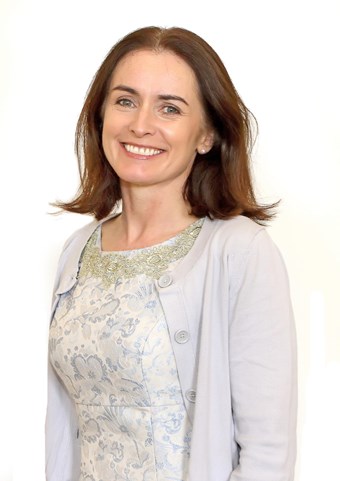Join us for the 2024 Howard Foundation Lecture, focusing on age-related macular degeneration and dementia. The lecture will be delivered by Professor John Nolan, Director of the Nutrition Research Centre Ireland, who will describe how research has identified a common factor in the causes of these diseases and how clinical trials have shown substantial improvements in both visual function and in memory and brain function.
In this lecture, Professor Nolan will explain how targeted nutritional supplementation of the eye and brain offers a safe and effective management option for AMD and Alzheimer’s disease. Moreover, this lecture will underline the need for early intervention using these nutritional formulations, to enhance the health and quality of life of the general population, while preventing the onset of these life-destroying age-related diseases of the eye and brain.
Following the lecture, you are invited to join us for a reception to network, relax, and enjoy a refreshing drink in the RSM’s iconic glass atrium.
AMD is a multifactorial disease of the retina characterised by a spectrum of degenerative changes at the macula, ultimately leading to central vision impairment. Alzheimer’s disease is also a complex multifactorial neurodegenerative disease resulting in abnormalities in cognition, behaviour and day-to-day function. Given the growing and ageing world population, the number of people living with AMD and Alzheimer’s disease continues to rise worldwide. The aetiopathogenesis of these conditions involves oxidative-stress-induced inflammation at the retina and brain, respectively.
Carotenoids are a group of over 700 naturally occurring nutritional pigments, synthesised by plants, algae, and photosynthetic bacteria. Humans consume circa 50 carotenoids from diet, and only 20 have been identified in the human body (in blood, and fatty tissues and organs, e.g. retina and brain).
Exponential increases in the prevalence of AMD and Alzheimer’s disease, combined with limited treatment options for both conditions, are driving the need for interventions to ameliorate symptoms and improve the quality of life in patients living with these conditions.
By attending, you will:
- Appreciate the extent of AMD and dementia across the UK, their consequences and costs
- Gain an overview of the nature of carotenoids, their sources in nature and foods for humans and their biological role
- Understand variation in the distribution of carotenoids and focus on their role in the eye and brain
- Learn about the experimental evidence for supplementation with carotenoids in macular disease and dementia, the need for further work and next steps in translation into practice
- Identify the problems with early detection tools: contrast sensitivity and early dementia screening
The RSM would like to thank The Howard Foundation for their support of this event.
Dr Alan Howard (1929-2020)
Born in Norwich in 1929, Alan Howard won a scholarship to Downing College Cambridge in 1948, gaining his MA and PhD in 1955. He spent over 70 years connected with Downing as a student, researcher, teacher, and benefactor.
Dr Howard became a leading scientist in the fields of atherosclerosis, obesity and, latterly, nutrition. He published extensively, was a writer and editor of books and journals, and organiser of international conferences.
He is most widely known as the inventor of a very low-calorie diet, known as the Cambridge Diet; the result of many years of research and clinical trials in the 1960s and 1970s. This became a patented formula that sold widely in America and Europe in the 1980s and continues to flourish today through the company he founded, now known as the 1:1 diet by Cambridge Weightplan.
For the final 20 years of his life, Dr Howard led research into the role of macular carotenoids on vision and memory, latterly working with the Waterford Institute of Technology in Ireland, which is now the Nutrition Research Centre Ireland (NRCI) within the South East Technological University (SETU).
In 1982 he created an English charitable trust, the Howard Foundation, which has supported an annual lecture at the Royal Society of Medicine and numerous scientific research projects. The Foundation has also donated generously to Downing College, enabling the construction of three buildings including a magnificent neoclassical theatre. His son Jon, and daughter Julie, lawyer and dietitian respectively, continue to run the Howard Foundation alongside two other Trustees.
Dr Howard died aged 91 in June 2020. His legacy continues with both the work of the Howard Foundation and BON, the Brain and Optical Nutrition network of scientists.
Follow us on:
Facebook
Instagram
LinkedIn
Twitter
YouTube




